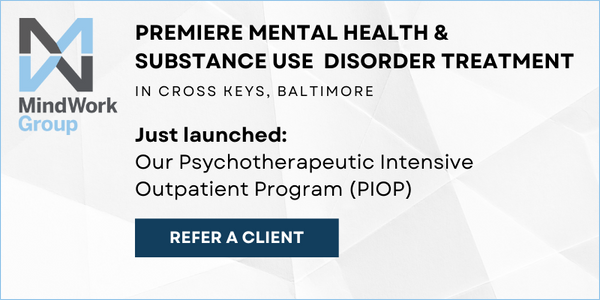By Karen Chartier, PhD, MSW
Associate Professor
Interim Director
VCU – Institute for Research on
Emotional and Behavioral Health
Richmond, VA
Dr. Karen Chartier’s talk, Social Contexts and Disparities in Alcohol Problems, focused on alcohol use disorder and social contexts – being the places where we reside and the conditions under which we live in those places. She described how social contexts can increase or reduce risk for alcohol problems and that elevated risks can be disproportionately experienced by economically disadvantaged and racial and ethnic minoritized groups.
Social contexts that increase risk for alcohol problems include those characterized by more liberal drinking norms, wetter drinking environments, and greater socioeconomic disadvantage. Prior studies conducted by Dr. Chartier and her colleagues have examined how a family health history of alcohol problems, which is a robust risk factor for alcohol use disorder, can be exacerbated when individuals live in areas where there are more places to purchase alcohol and when they live below the poverty level or have lower access to medical care.
Dr. Chartier summarized the findings from U.S. population studies about the disparities between racial and ethnic groups for alcohol consumption and alcohol use disorder. Racial and ethnic minority groups, compared to Whites, generally are less likely to drink alcohol and tend not to, with the exception of American Indians and Alaska Natives, drink more overall or experience higher rates of alcohol use disorder. Yet they often experience more social and health consequences from drinking and can show more enduring heavy drinking into midlife. Men who are low income and Black or Hispanic/Latino are at greater risk for these negative outcomes.
Studies point to neighborhood characteristics, economic hardship, unfair treatment, and educational attainment – social determinants of health – as explanations for disparities in negative alcohol outcomes. In concluding, Dr. Chartier emphasized the importance of structural competency for physicians, which calls for us to understand patients’ experiences in the context of structural factors and to intervene at community and institutional levels.


